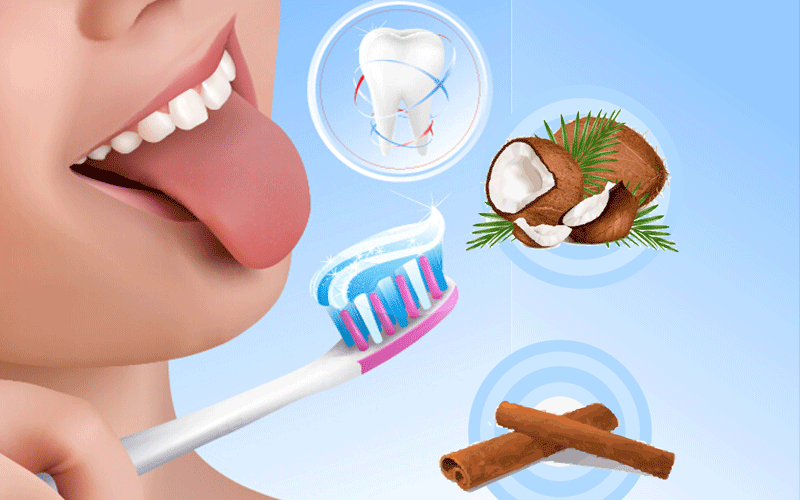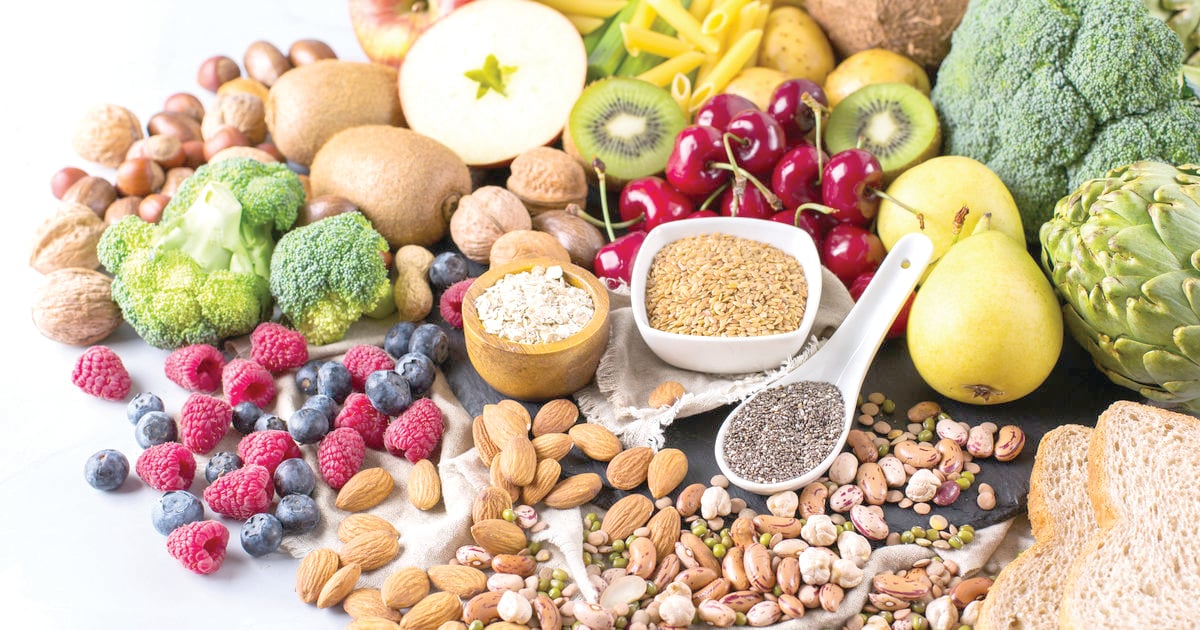Ten natural alternatives to conventional toothpaste

Like most commercial health and beauty products in the market, toothpaste has been industrialised over the years. However, with people becoming health conscious, questions have been raised over chemical ingredients they contain, some of which are toxic to your health. But do you have an option? Well, Milliam Murigi writes on other ways to polish your pearly whites and protect your gum.
1. Cinnamon
Numerous studies show that cinnamon is good for one’s oral health and may protect against certain strains of bacteria that cause tooth decay, cavities, bad breath, and other mouth infections.
The active ingredient cinnamaldehyde has potent anti-fungal and antibacterial properties, which help to naturally combat bacteria associated with bad breath and gum disease.
And don’t forget its amazing anti-inflammatory properties, which make this spice an absolute winner when it comes to soothing sore gums.
This is why cinnamon has been traditionally used to numb the teeth and gums of teething infants.
2. Charcoal
It seems counterintuitive that something that is synonymous with “black” can help whiten your teeth.
But the abrasiveness of charcoal helps remove stains. Cavities occur when certain bacteria in the mouth overgrow and utilise sugar from our food to create acid.
This acid is what causes tooth decay over time. Charcoal helps raise the pH in your mouth, which helps neutralise these acids.
3. Sea salts
Sea salt is one of the most natural toothpaste alternatives that you will find. Dab your toothbrush in some sea salt and proceed to brush your teeth.
You may also mix the sea salt in water before brushing if you are concerned about it being too abrasive.
Sea salts can temporarily raise the pH in your mouth, which makes it more difficult for bacteria to thrive. That’s why it’s also a top ingredient in homemade toothpastes.
4. Apple Cider Vinegar
Along with a range of other benefits, apple cider vinegar is also good for your oral health. It is effective for removing stains by simply rubbing it directly onto your teeth.
A tablespoon before bed can also eliminate bad breath. Be sure to not use too much of it, as it’s acidity can damage the enamel on your teeth. Remember, everything in moderation.
5. Baking soda
This is a popular, but salty tasting alternative. It is effective in whitening your teeth, but should not be used too frequently as it is abrasive on your gums and your teeth, which can remove enamel.
Use a small amount of baking soda and mix with water or lemon juice for some whitening effect and brush your teeth.
6. Hydrogen Peroxide
This alternative has been known for its ability to keep teeth clean and white.
There is one concern with using this instead of toothpaste though — if you have amalgam fillings, peroxide may extract the harmful vapors from the mercury in silver filling.
But all-in-all, hydrogen peroxide is a great alternative to over-the-counter toothpastes.
7. Coconut Oil
Coconut oil has been said to be a holy grail oil. It is great at moisturising the skin and works great with hair, but that does not stop there.
When used as an alternative to toothpaste, its antibacterial and antifungal properties ensure the mouth is clean and healthy.
Coconut oil has been shown to help prevent and treat oral candida infections (better known as thrush).
You can use it by itself or add it to baking soda or essential oils. This ayurvedic method helps strengthen teeth, kill bacteria, and stop the formation of cavities.
8. Bentonite clay
The real benefit of bentonite clay is that it is abrasive enough to remove the plaque, but not so much so that it will do damage to your enamel.
Like charcoal, it also helps raise the pH of your mouth, making it more challenging for bacteria to grow.
9. Essential oils
You can use organic essential oils such as peppermint, spearmint, lemon, eucalyptus or whatever suits your fancy.
The oils have a strong flavour and have strong antibacterial properties. Use two drops on a wet toothbrush or in water before brushing.
10Mouthwash
Dip the bristles of the toothbrush into the mouthwash. When the bristles are thoroughly moistened, proceed to brush the teeth as usual. Rinse the mouth thoroughly with water after brushing.
Mouthwash contains property of fluoride that prevents your teeth from cavities and it also makes your enamel stronger.












